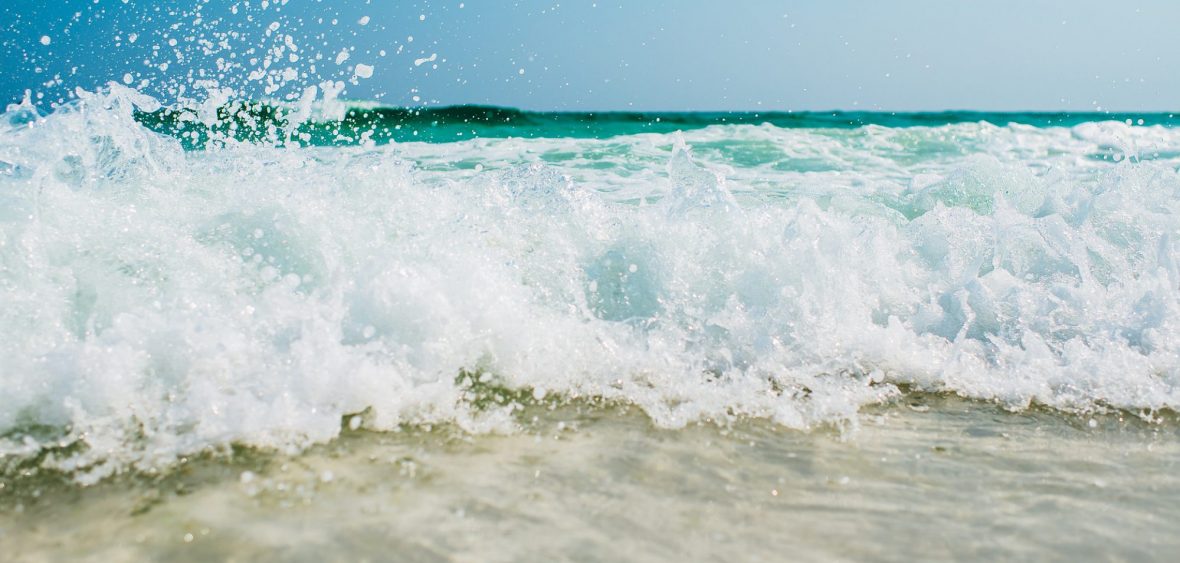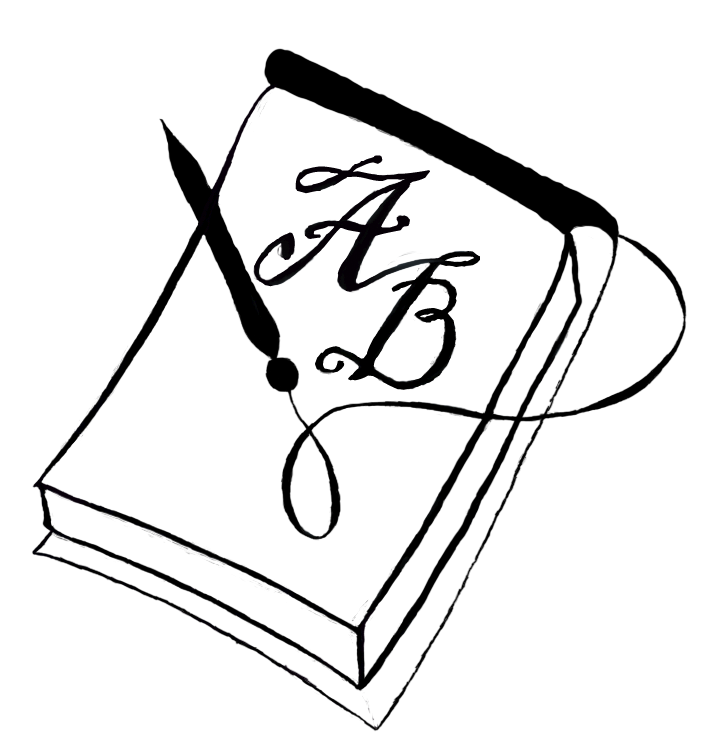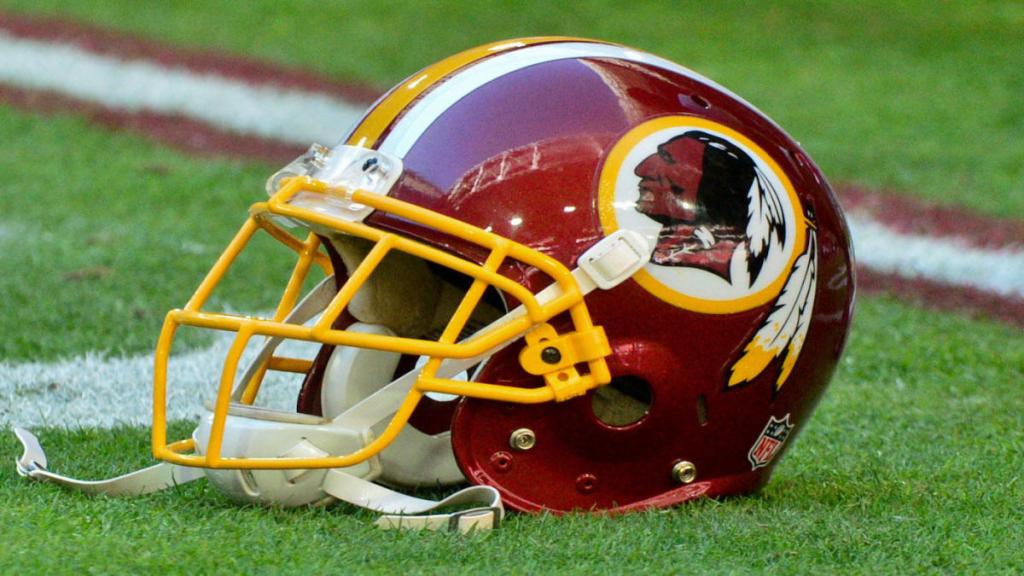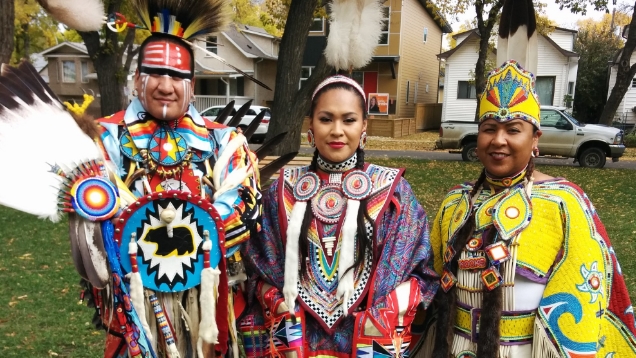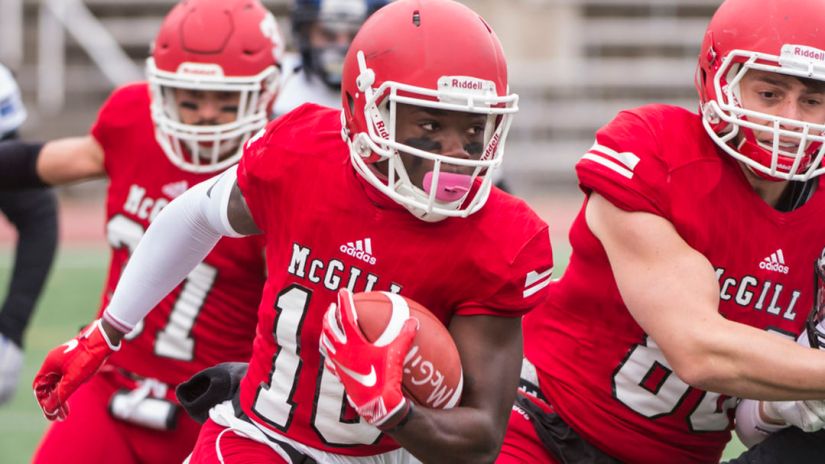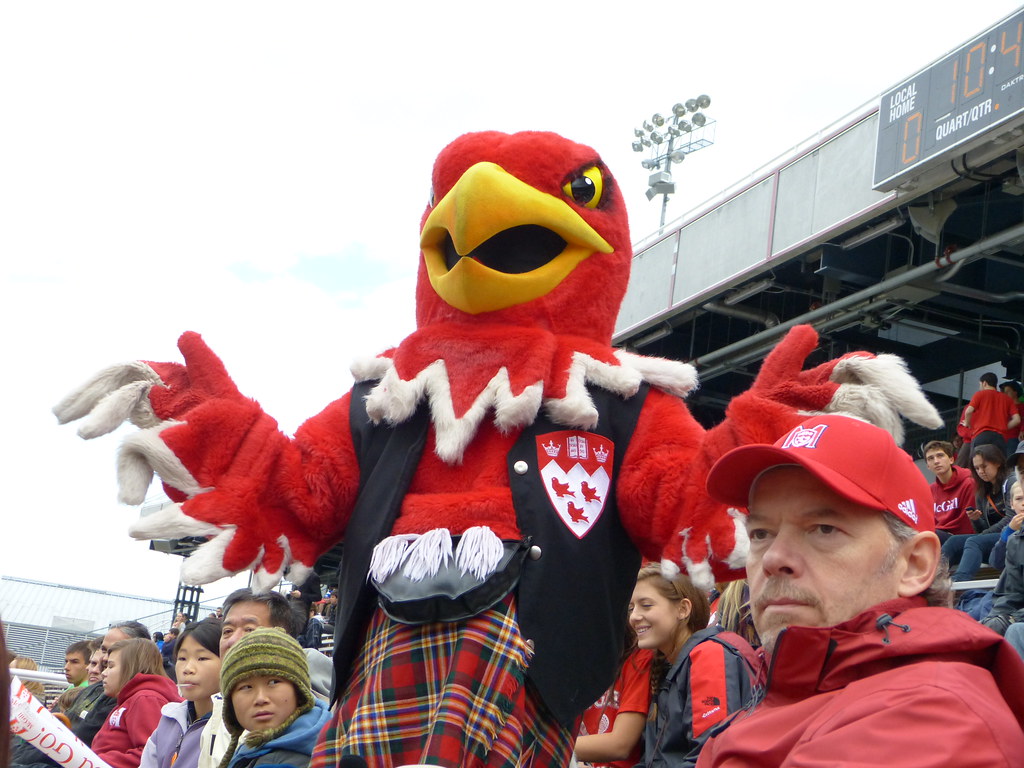It is 2019, why is racism still OK?
More Than a Word addresses the systemic use of racist slurs and images against Indigenous people in sports team marketing, specifically the Washington Redskins. The arguments from the Indigenous peoples surround the harmful stereotypes and characterizations of first nations groups. They aim to nail the point home that Indigenous peoples are more than caricatures and cartoon characters. On the other hand, the people who support the Redskins’ name claim the cartoon-ization and the use of a racist slur is not offensive and is in fact, a good thing as it acts as a representation of first nations peoples in the sparse media landscape.
Many of the people defending the Redskins’ name felt so comfortable just casually using a racial slur and then adamantly defended the use of the word. The entire situation was appalling to me. The fact that so many people could sit back and say that something is not offensive or hurtful, without being part of that culture is disgusting. Knowing that they said these things without or understanding the systemic discrimination Indigenous people have dealt with for hundreds of years, is despicable. No one has the right right to tell someone how they are allowed to feel about something that affects them.
We (being non-Indigenous) do not get to celebrate Indigenous people as mascots and cartoons while simultaneously disregarding them as people and desecrating their sacred lands, traditions and assimilating their cultures and values.
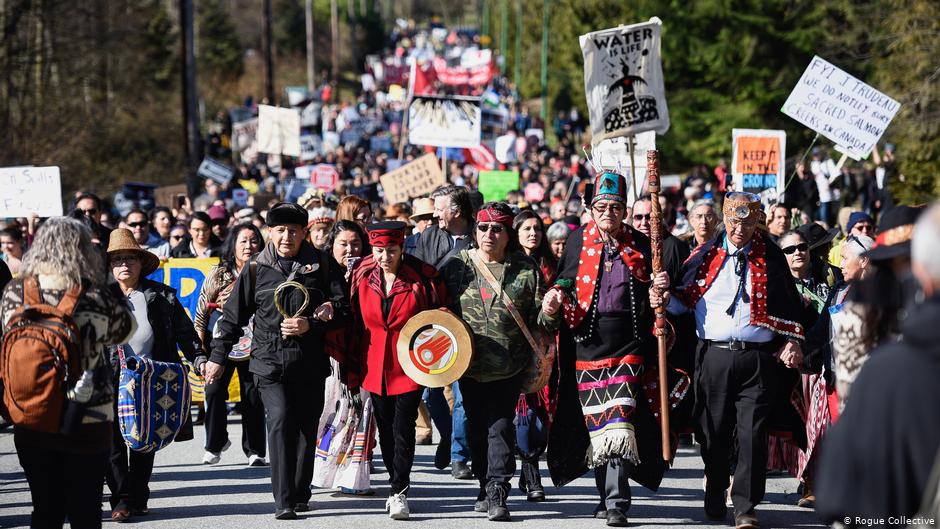
There is a saying that sticks and stones will break bones but words will never hurt, and that’s simply not true. Blatant racism and racist microaggressions chip away at a person’s self-esteem and confidence in their own identity. Using racist slurs or imagery in media, especially against a group that already has very little media representation, is nothing but harmful. One could argue that this kind of representation is better than none, but I would have to disagree.
This kind of representation does nothing but perpetuate harmful stereotypes and language against Indigenous people and furthers perpetrates toxic ideals of who first nations peoples are and what they represent. As mentioned in More Than A Word, Indigenous groups are more than cartoon characters, and their (unrealistic and one-sided) skin colour. They are a diverse minority group in their cultures, traditions, practices and appearances and they have been nothing but repeatedly beaten down throughout colonial history. They deserve representation that is just as widely acclaimed and adored as the racist Redskin team, but more reflective and encompassing of the diversity and beauty found throughout first nations cultures.
Canada prides itself on its diversity and lack of racism, barring the centuries-long systemic racism and oppression against the Indigenous populations of course. I often find the non-Indigenous population of Canada tends to avoid confronting and acknowledging the present and past crises the first nations groups of Canada have to deal with, from the current water crisis to the erasure of Indigenous languages and the appalling residential schools. Instead, the non-Indigenous groups of Canada like to close their blinders to these issues, or (worse-yet) tell this vulnerable, beaten down population that they put themselves in this situation and they should suck it up and pull themselves up by their bootstraps (does this mean to assimilate?), ignoring the systemic discrimination and oppression they have endured as a vulnerable minority group.

With this in mind, it is really not all that surprising that Canada has had controversy over sports teams, much like the Washington Redskins. In this case, one of Canada’s most well-known universities was at the centre. According to the school’s lore, The McGill University Redmen team was named in the 1920s after the teams’ uniform colour. The men and women’s sports teams were given the infamous nickname in the 1950s and later added the mascot and logo of a clearly Indigenous man wearing a feathered headpiece in the 1980s/90s. After some degree of reflection, McGill changed the mascot to Marly the Martlet or bird, but kept the name “Redmen”.
**Please note that the “redmen” image above is not the McGill Redmen logo but is similar. All proof of the team seems to have been scrubbed from official sites and the surface level of the internet.
After McGill was called out for the use of the racist slur by Indigenous students, staff, and the public, the school held a referendum vote on whether or not the school should rebrand their sports teams. 79% of students who voted said the school should abandon the Redmen branding. After postponing the decision for almost 6 months, the school finally decided to move forward with rebranding and dropping the racist name. As of the 2019/2020 season, the McGill sports teams will be called the McGill teams until it lands on a better (and hopefully less problematic) name.
The reaction to this decision on campus was mostly positive, but it was a different story on social media. To no one’s surprise, the more conservative and often racist commentators came out of the woodworks, screaming about political correctness and crying about censorship and how “everyone is so sensitive these days”, without listening to the people who were actually being affected by this slur, much like the fans of the Washington Redskins.
When I spoke to some of my Indigenous peers about the controversy, they compared sports teams calling themselves “redmen” and “redskins” to teams calling themselves the “N-words”,”T*welheads”, or “Ch*nks” (I feel very uncomfortable using these words) and could not wrap their head around why it took so long for these racist brands to be abolished. They concluded that the answer is simple: people just don’t care enough about the Indigenous populations. Diversity is supposed to be at the forefront of Canadian values, but apparently not when it involves the people who were here first and gave the name to this nation. And while the Truth and Reconciliation Commission of Canada is working to change this, more progress must be made and I have a feeling it’s going to be a while before we see actual results.
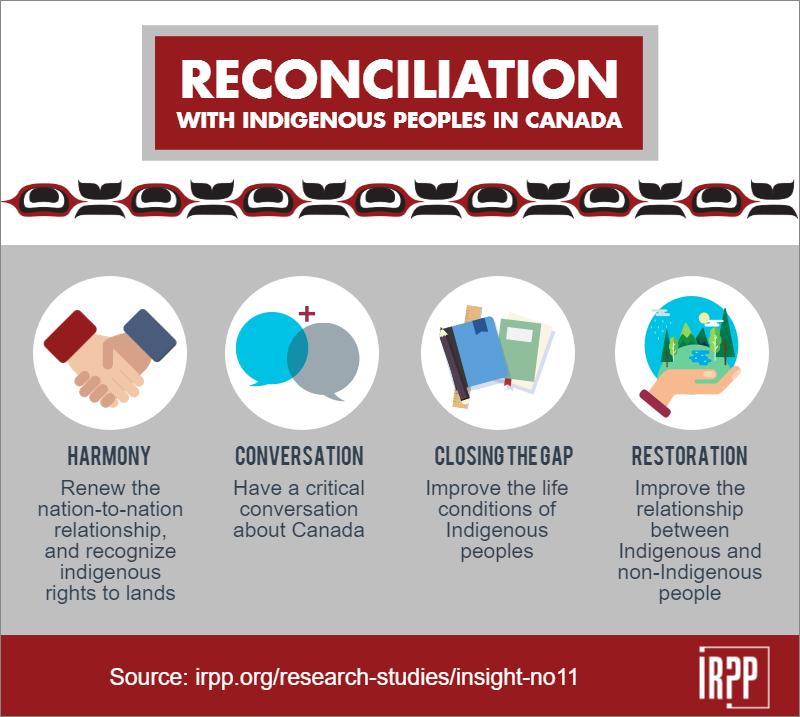
I’ve said it once and I’ll say it again: We (being non-Indigenous) do not get to treat celebrate Indigenous people as mascots while simultaneously discriminating against and silencing this vulnerable minority. We do not get to tell these people how they should feel about a racial slur aimed at them. End of story.
On that note: Enjoy some banging Indigenous rap music and enjoy some of the finest first nations artists Canada has to offer.
